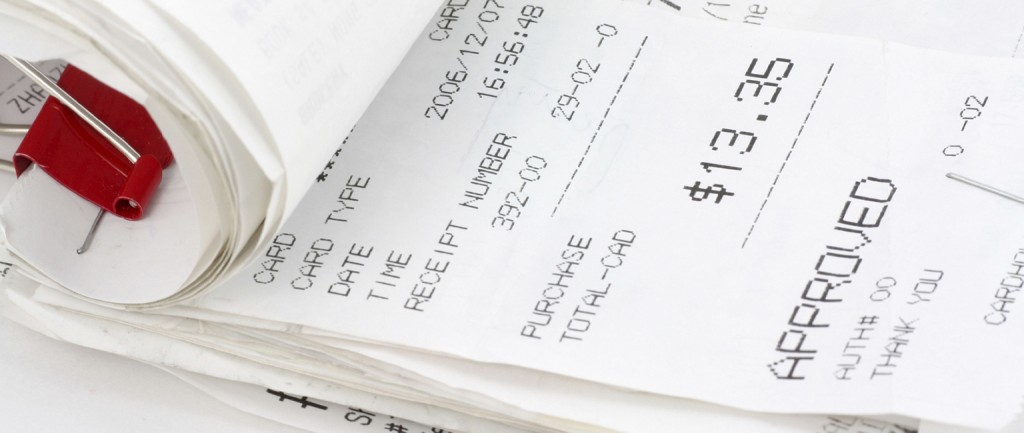Business tax & why it’s up to you to get it right

If you find yourself with an amended tax assessment from the Australian Tax Office (ATO), it is up to you to prove that you are in the clear.
It’s not that there is any “guilty until proven innocent” attitude – it’s just that this is how the tax laws are written.
This means it’s vital that, as a taxpayer, you keep all evidence of revenue and expenses to back up the information you provide in your annual income tax return.
Keeping orderly records is good business practice and vital for any investment operation. But it can be challenging for start-ups or small businesses to stay on top of this as their venture grows.
There have been numerous cases before the Administrative Appeals Tribunal (AAT) that show how important it is to be able to either substantiate claims made in the original tax return or to disprove an ATO claim that income has been left out or expenses wrongly claimed.
Here are some key points to note from AAT decisions where taxpayers tried to prove ATO assessments were excessive:
* According to the Tax Administration Act, the onus of proof rests with the taxpayer and the taxpayer must therefore prove their claim that the amount exceeds what it should be.
* Taxpayers must show what the correct amount should be, not just that the tax Commissioner made a mistake or that the assessment may be wrong.
* The Commissioner does not have to support the assessment with evidence. If the Commissioner doesn’t prove his assertion about the taxpayer’s assessable income, this does not affect whether the taxpayer has actually discharged their burden of proof in showing the assessment is excessive.
Under review, audit or even as far as the Tribunal, what is perceived to be “self-serving evidence” will be treated with a higher level of caution.
Such evidence might be that of witnesses who have an interest in whether the evidence is accepted. It might include, but would not be limited to, sworn statements by the taxpayer and their associates.
Some aspects of keeping good tax records will go further than what is usually sufficient for internal business purposes – this might include things like the records required for motor vehicle deductions, CGT related transactions, travel deductions and various other areas.
Hastily compiling information at tax return time can prove to be a frustrating and potentially costly exercise, even without an ATO review. Thus having awareness of any additional record keeping for tax purposes and keeping timely, reliable documentation is a key element of maintaining a sound operation.







